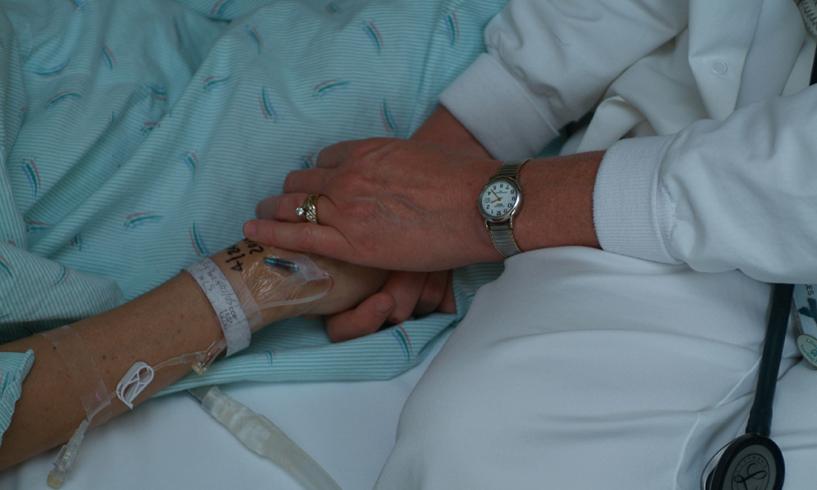A new study has added to the growing body of medical literature questioning widespread use of chemotherapy near the end of life in patients with cancer who have poor prognoses. The findings were reported in JAMA Oncology.
In this multicenter U.S. study, researchers followed 312 patients with metastatic cancer whose disease had been refractory to at least one chemotherapy regimen and whose life expectancy was estimated to be less than six months. Half of the patients were receiving chemotherapy and half were not. Lung, gastrointestinal, breast, and pancreatic cancers comprised about 70% of the cases.
Shortly after patients died, their caregivers were interviewed and asked to rate patients’ physical distress, psychological distress, and overall quality of life during the week before death. The researchers found that chemotherapy use at end of life was not associated with longer survival (median survival was four months). Among patients who were the sickest, the quality of life was the similar regardless of whether they received chemotherapy, but among the strongest patients with the fewest initial symptoms, chemotherapy use was associated with poorer quality of life near death.
The researchers noted that patients were seen between 2002 and 2008, before some newer chemotherapy drugs with fewer side effects or targeted agents were introduced. They concluded that although palliative chemotherapy is routinely used to improve quality of life for patients with end-stage cancer, in practice the drugs do not have this intended result.






